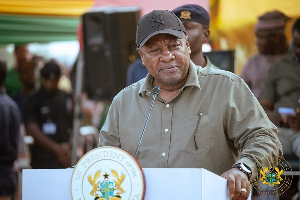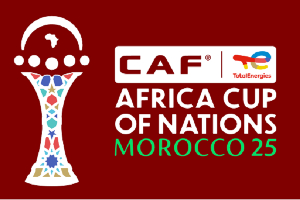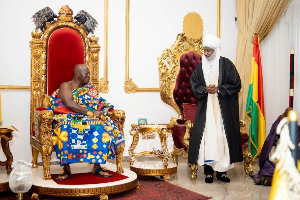In August this year, Nigeria shut its borders with all its neighbours, Republic of Benin, Niger and Cameroun. This is not the first time an African country is closing its borders to their neighbours.
In December of 2008, Ghana closed its border with Togo, Cote d’Ivoire and Burkina Faso for one day for security reasons. Again for security reasons, Sudan, this year, closed its border with Libya and the Central African Republic. Last August 1, Rwanda closed its border with the Democratic Republic of the Congo to prevent the cross-border spread of Ebola.
Unprecedented
In terms of the period of closure, however, what Nigeria has done, since August 2019, in unilaterally closing its borders off to three ECOWAS countries in pursuit of economic security, is unprecedented. There was no consultation; at least, we know that Ghana’s government did not know about it.
The closure is coming 44 years into the creation of ECOWAS, an economic grouping which Nigeria spearheaded, including fighting to bring in the last two countries which had been reluctant to join. Nigeria went out preaching about the benefits of West Africa trading as one bloc; the benefits of leveraging our combined 300 million-plus population as a negotiating chip with other trading blocs.
The ECOWAS Trade Liberalisation Scheme (ETLS) liberalised trade among West African countries by abolishing customs duties on imports and exports and abolishing non-tariff barriers.
The ECOWAS Protocol A/P1/1/03 that came into being in January 2003 defined which products were to enjoy protection. One of them was, “Wholly produced goods; goods whose raw materials completely originate from the region. Another was, “Goods which are not wholly produced but their production requires the use of materials which have received a value added of at least 30 per cent of the ex-factory price of the finished goods.”
As a further step towards economic integration, this time of the whole of Africa, our leaders have hammered together a pact known as the African Continental Free Trade Area (AfCFTA), predicted to boost our combined consumer and business spending and increase intra-African trade by at least 53.2 per cent.
Headquartered in Accra, Ghana, the pact came into force in May this year but trading is slated to start in July 2020.
In August 2019, however, 44 years after ECOWAS and just three months into AfCFTA, Nigeria struck at the very heart and spirit of both treaties - banning the movement of all goods from countries with which it shares a land border. In effect, Nigeria says that until January 2020, ECOWAS can go hang.
Under the ECOWAS Protocol, member states committed to the establishment of a common market, including “the liberalisation of trade by the abolition, among Member States, of customs duties levied on imports and exports, and the abolition, among Member States, of non-tariff barriers in order to establish a free trade area…. ”
Self-preservation
What our leaders did not take into account 44 years ago was that element of human nature called “self-preservation”. Defined as the first law of nature, it is the reason America is building a wall to shut out Mexico. It is the reason Ethiopia and Eritrea fought for 20 years. It is at the bottom of the present misunderstanding between Ethiopia and Egypt over the use of Ethiopia’s dam on the Blue Nile. Self-preservation is in the DNA of every human being; in plain language, every human being is, at core, selfish.
My question today is that if ECOWAS, whose formation Nigeria spearheaded, more than any other country, can be ignored by Nigeria 44 years later, what is the future of an AfCFTA which is yet to start trading? Remember, ECOWAS is one of the eight building blocks of the AfCFTA.
Over to Africa. Of course, we will not retaliate. Mahatma Gandhi has cautioned that “an eye for an eye only lets the world go blind.”
What proposal?
Coming home, I am curious to read what proposal Ghana’s Economic and Organised Crime Office (EOCO) presented to the Ghana National Petroleum Corporation (GNPC) that earned it a GHc550,000.00 donation. Just in case you have not been listening to the news, I am referring to the leaked minutes of the 8th Board of GNPC held on October 2019, at which half a million cedis was approved by the board’s Brand, Communication and Corporate Social Responsibility (CSR) Committee to be donated to the dreaded organised crime fighter.
What will EOCO need that amount of money for when its full needs, as budgeted, were approved by Parliament?
Can EOCO convince Ghanaians of a fair investigation, if it frees a GNPC top official it may investigate in future?
Half a million cedis? It may be chicken change for people in this country who earn GH¢10,000.00 a day. To the 26 million Ghanaians, some of whose children lie flat on the bare earthen classroom floor for all the years of their basic education, half a million cedis is a lot of money.
Opinions of Saturday, 9 November 2019
Columnist: Enimil Ashon















